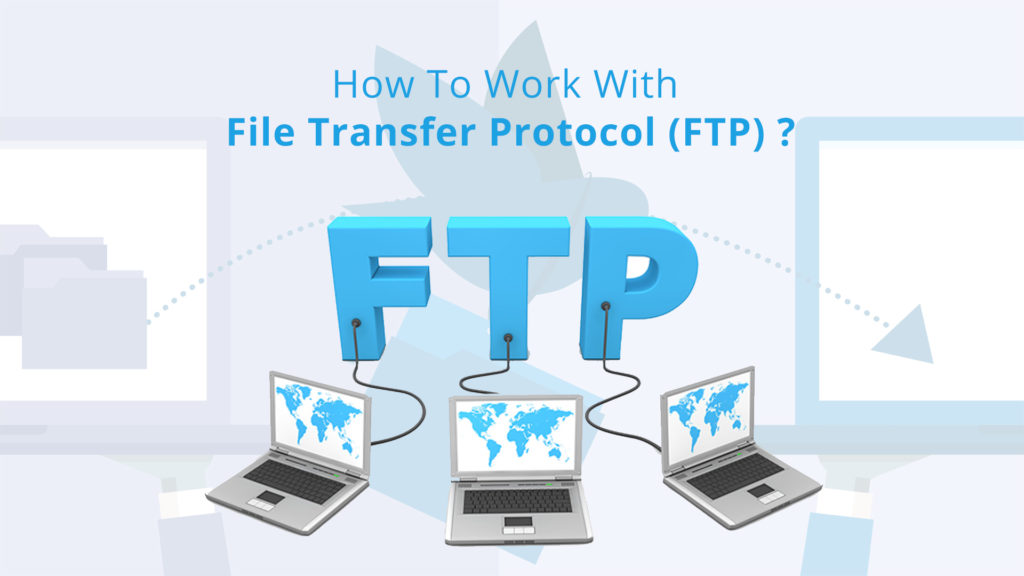Acquiring cybersecurity skills is essential for any professional wishing to progress within this industry. But knowing which skills are most crucial and how best to develop them can be daunting.
One way to develop your cybersecurity skill set is through formal education. This may take the form of a bachelor’s degree or certification in the field.
Table of Contents
1. Critical Thinking
Critical thinking is an essential skill set for cybersecurity professionals to have. This involves assessing threats, devising a response, and mitigating any potential damage that could result from them.
As a cybersecurity professional, your main job is cyber threat hunting and making sure your organization is safe and protected. it’s essential to be able to navigate the vast amount of online information. This includes news, blogs, and videos; unfortunately, some sources may be misleading or even fake. Therefore, practicing media literacy can help ensure you are aware of both reliable and unreliable sources for news.
Fortunately, there are plenty of resources to develop your critical thinking abilities. These may include online courses and simulations.
One of the best ways to hone your critical thinking skills is through hands-on training. This can give you access to knowledgeable experts and give you a deeper insight into the field.
Education can open your eyes to a different way of looking at the world and help you develop better decision-making strategies. A well-crafted course will teach you how to analyze information, formulate an action plan, and implement it effectively.
Cybersecurity professionals frequently face complex problems while doing cyber threat hunting so being able to rapidly and precisely solve them is essential. A sharp analytical mind will enable you to recognize the issue, decipher its underlying causes, and craft effective solutions tailored to your organization.
Finally, it’s essential to recognize that technology can actually weaken critical thinking skills. One study found that people who rely heavily on technology for daily activities tend to forget more when their device isn’t with them.
2. Problem-Solving
Cybersecurity is an ever-evolving field, so you must remain up to date on all cybersecurity-related skills throughout your career.
In addition to having a solid foundation in core skills like critical thinking and problem-solving, having a lifelong learning mindset is paramount. Cybercriminals continue to hone their attack techniques, so you must be able to adjust accordingly and remain ahead of security threats.
No matter your level of experience in cybersecurity, developing skills to differentiate yourself from competitors is an exciting prospect. Earning certifications, taking classes, and learning on the job are all great ways to develop the necessary abilities for success in this highly sought-after career path.
As a cybersecurity professional, one of the most essential skills you’ll need is an acute sense of detail. For example, if you are using professional open source threat hunting tools, you will get plenty of data in reporting. You would need an analytical thinking ability that helps in problem-solving. Be able to detect even minute changes that could cause major security problems and use this skill when analyzing threats, identifying vulnerabilities, and selecting an effective approach for fixing them.
Another crucial cybersecurity skill you’ll require is communication. This involves being able to clearly explain security issues and solutions to colleagues of varying levels in an understandable manner.
Acquiring these skills will give you the advantage to progress in your cybersecurity career and become a leader within the organization. Furthermore, networking with other professionals in this field will allow for professional growth and an expanded network of contacts.
3. Communication
Communication is an essential skill for cybersecurity professionals, whether they’re working independently or as part of a team. Communication allows you to translate technical knowledge into understandable language and demonstrate how your work affects a company’s overall security posture.
Cybersecurity is ever-evolving, so staying abreast of new techniques and trends is essential. Being a lifelong learner will allow you to stay one step ahead of hackers and stay informed on your organization’s most pressing security threats.
Additionally, this course helps you comprehend how people work and communicate with one another, improving your capacity to make informed decisions and negotiate for the most advantageous resolution. Moreover, you’ll gain invaluable skills in managing conflict effectively as well as collaborating effectively with colleagues and external parties.
Communicating with others requires meeting them where they are and using language they can understand. Doing this ensures they take your message seriously and become engaged in the conversation.
This can be accomplished by employing approachable, descriptive, and inclusive language. When educating employees on cybersecurity, they should be informed of what the topic is, why it is essential, how they can protect themselves, and how to report any suspicious activity they observe.
Once people comprehend, it’s up to them to put that knowledge into action. That is when true behavior change takes place as people begin applying the knowledge and using it on a regular basis.
Becoming a successful cybersecurity professional necessitates having an array of soft skills, which can be acquired either on the job or through formal educational programs. EC-Council University programs equip students with these capabilities in addition to developing their technical proficiency.
4. Teamwork
Teamwork is essential in any job, and cybersecurity professionals are no different. Therefore, developing new skills is an ongoing requirement for those in this industry. From understanding an organization’s cybersecurity policies to performing digital forensics, you may need to know how to collaborate with others in order to get the job done on time and within budget.
Teamwork may not seem like the most exciting part of your typical day-to-day tasks, but it’s an integral component of any successful cybersecurity endeavor. Additionally, staying informed on industry developments is an effective way to stay relevant in this field – a skill that will serve you well as you progress in your career.
One team-oriented saying goes, “It is better to work together than on your own.” A recent study revealed that collaboration is the single greatest predictor of job performance and satisfaction. To foster a happy and productive group environment, create an atmosphere of inclusion, be open to change, and take initiative when it comes to identifying problem areas in your company’s cybersecurity efforts.
To achieve success, find a mentor or two and join an online or in-person training program. This will give you access to top courses while giving you guidance and tools for success.

